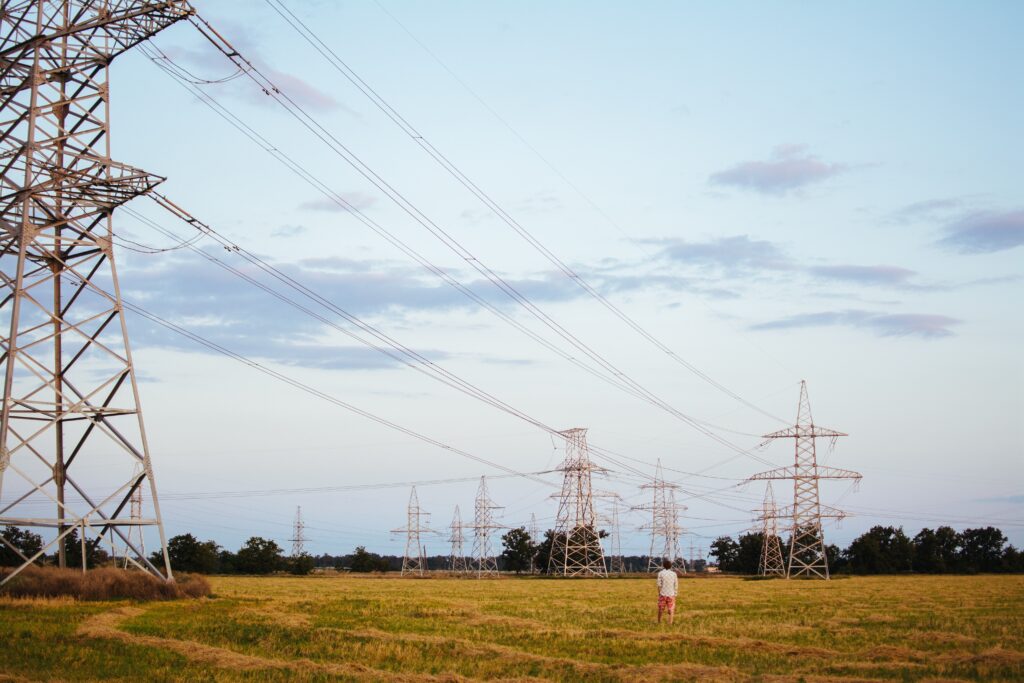Four projects have passed the initial screening for the Electricity Network Innovation Competition (NIC), with network operators seeking £29 million for green heat and flexibility.
As part of RIIO price controls, Ofgem introduced the competition to help fund network development and demonstration of new technologies, operating and commercial arrangements.
Six projects applied for the annual competition in 2021, with the regulator announcing which had passed the initial screening on 4 June.
Electricity North West’s (ENW) BiTraDER project was one of the successful ones, and is looking to investigate the potential for a merit order stack trading market between Distributed Energy Resources (DERs). The DNO is looking for £5.4 million for the project, which will cost a total of £6 million.
BiTraDER would see ENW develop a transparent market trading platform, as well as specified rules to facilitate bilateral trading of DER capacity between market participants. By utilising this platform, all participants will be able to trade their position in the merit order stack, adding value to the flexibility market and thus incentivising its growth. The project would start in January 2022 and end in March 2025, moving from a Technology Readiness Level (TRL) of six to a TRL of eight during that period.
ENW had a second project pass initial screening, with its Smarter Heat project in partnership with Delta-EE and Ricardo Energy and Environment also moving onto the next stage of the NIC. The project is also requesting £5.4 million of NIC funding to make up the total project cost of £6 million.
Smart Heat will work to understand whether a ‘connect and manage’ approach can be adopted as an appropriate path for the growing adoption of heat pumps, as well as EV charging and domestic solar. The DNO will use the inherent flexibility in the network and demand side variable capacity to manage the additional demand of low-carbon heat technology. By the end of the project in March 2025, ENW wants to have produced a business as usual toolkit to share with other network operators.
The third project to pass Ofgem’s initial screening process is Northern Powergrid in partnership with Delta-EE and TNEI’s Community DSO project. This is looking to trial Smart Local Energy Systems (SLES) with localised management of lower voltage levels, which will be organised into interconnected ‘cells’.
Communitys themselves will be able to take some responsibility for providing DSO services within these cells, ensuring benefits are split fairly for all customers. Community DSO has requested £11 million of NIC funding, with a total project cost of £12 million. It would carry out four local community trials over a period of four years starting in January 2022, and move from a TRL of four at the beginning of the project to seven or eight at the end.
The final project to pass this initial stage is Western Power Distribution’s EQUINOX (Equitable Novel Flexibility Exchange). Working together with SP Energy Networks, Octopus Energy, PassivSystems and Guidehouse, this project is looking to develop novel commercial arrangements and support technologies that could unlock flexibility from residential low carbon heating.
By the end of the next price period, the growth in heat pumps alone is expected to result in a 36% load increase said Western Power Distribution, as such it is essential to understand and develop flexibility. The project will demonstrate how novel commercial arrangements can incentivise customers to load shift their demand, as well as demonstrate how much flexibility can be unlocked from heat pumps and thermal batteries, inform DNOs on how to effectively plan for this changing demand and reduce barriers to the adoption of low carbon heat technologies for residential customers.
It has requested £7.2 million from the NIC to help fund the £12.2 million project. If it is approved, it is estimated to start in March 2022 and run till January 2026, taking the TRL from six to eight.
The two projects that failed to pass Ofgem’s initial screening were Western Power Distribution’s ReFlex – which was aiming to develop a reactive power flexibility market – and Scottish Hydro Electric Power Distribution’s REALISE – which was looking to develop an intelligent control system for future control room architecture.
Last November, Ofgem announced the five winning projects as part of 2020’s NIC, awarding £58 million, with three electricity projects gaining a chunk. This included UKPN’s Constellation project, ENW’s QUEST and project RICA from Nation Grid Electricity Transmission.





